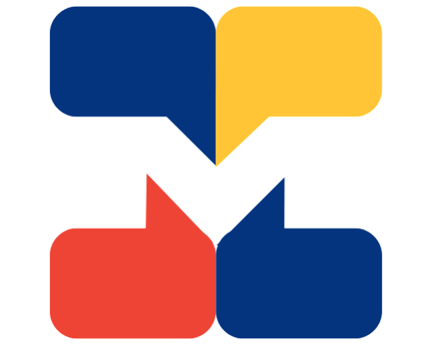Educators form media literacy society
The article was initially published in The Star on Sunday, 05 Dec 2021.
SOME 65 teachers and lecturers have signed up to pioneer Malaysia’s first-ever registered society to combat misinformation and disinformation through education. Launched in conjunction with Unesco’s Global Media and Information Literacy Week, the initiative is facilitated by the award-winning Media Education For All (ME4A) movement. It aims to provide a stronger force in building critical thinkers and smarter media consumers through a systematic and sustainable strategy: empowering educators to empower their students.
“We welcome teachers and lecturers who are really passionate about educating our young generation with media literacy skills to register soon,” said Arus Academy co-founder and ME4A project lead David Chak in a press release dated Nov 10. Lauding the move, Universiti Kebangsaan Malaysia media and information literacy expert Assoc Prof Dr Sabariah Mohamed Salleh said there is no better time than now to have a formal body to advance the media and information literacy agenda in the country. “Our collective voice and power as educators will pave the way for greater awareness and action to raise critical thinkers among the young generation,” said Sabariah, who has been working with Unesco on media and information literacy initiatives in the region.
ME4A was named the Best News Literacy Project at the Asian Digital Media Awards 2021, with strategic plans that have seen over 4,000 local educators trained in media and information literacy skills this year alone – using a free online course that is contextualised to the Malaysian landscape and developed by homegrown educators and media professionals. Its recently-concluded Media Education Academy Challenge saw 11 educators taking home RM10,000 in cash prizes for innovation in education by developing lessons that integrated media and information literacy into their subjects. Among the winners was Mah Zhi Jian, a teacher at SJK(C) Yeang Cheng, Kedah. He designed a lesson using the news of national Paralympic athlete Muhammad Ziyad Zolkefli being disqualified at the Tokyo 2020 Paralympic Games. Students were asked to observe tweets and comments posted about the story, and to discuss the ethical issues surrounding such online conversations. Mah said he took inspiration from his reaction, as well as those of other people, towards the incident. “It was so convenient for us readers to overreact, be blinded by biased information, and subsequently publicly criticise others before verifying the truth.
We really need to be critical about the information that we receive and have wisdom in determining its validity, so that we do not become someone who misuses social media to spread fake news,” he said. SM Sains Kepala Batas, Penang, teacher Nur Wanira Mohd Basri shared that her students, being avid users of the media, inspired her to develop a fun and creative lesson integrating media and information literacy. At the end of the lesson, students created mnemonic devices to help others judge between real and false news online.Nur Wanira: It is crucial for students to build a habit of relying on credible news sources. “It is crucial for students to be well-equipped with media literacy skills, develop critical thinking skills in judging news, and build a habit of relying on credible news sources,” she said. Educators can now access the newly-launched resource bank featuring the best collection of lesson plans and materials submitted by contestants, which the ME4A organisers hope will inspire educators to see that critical thinking skills can be taught creatively and easily. All ME4A resources are available to the public for free at https://arus.cc/MEA. To join the society, educators can go to https://arus.cc/persatuanlmm.

